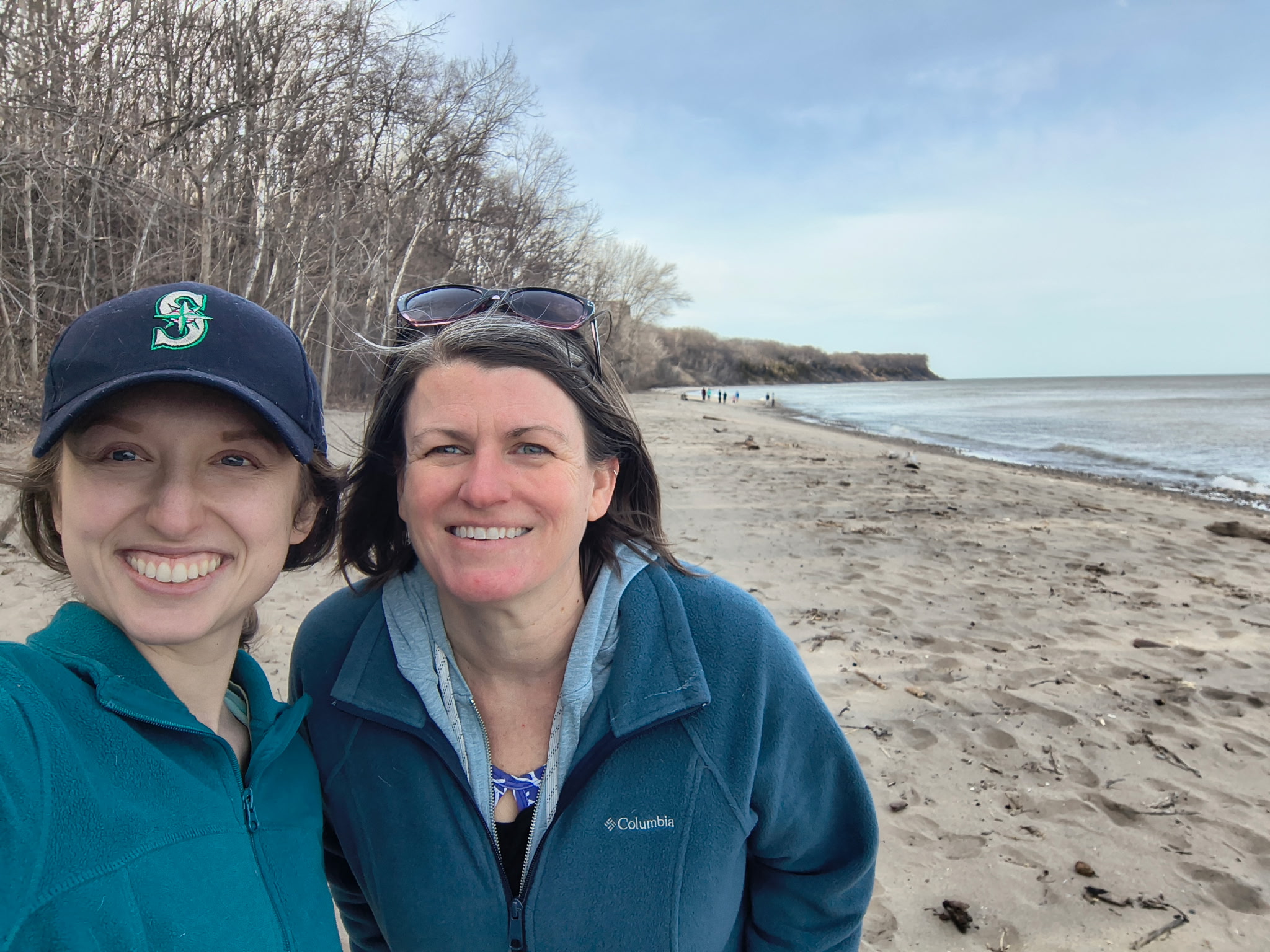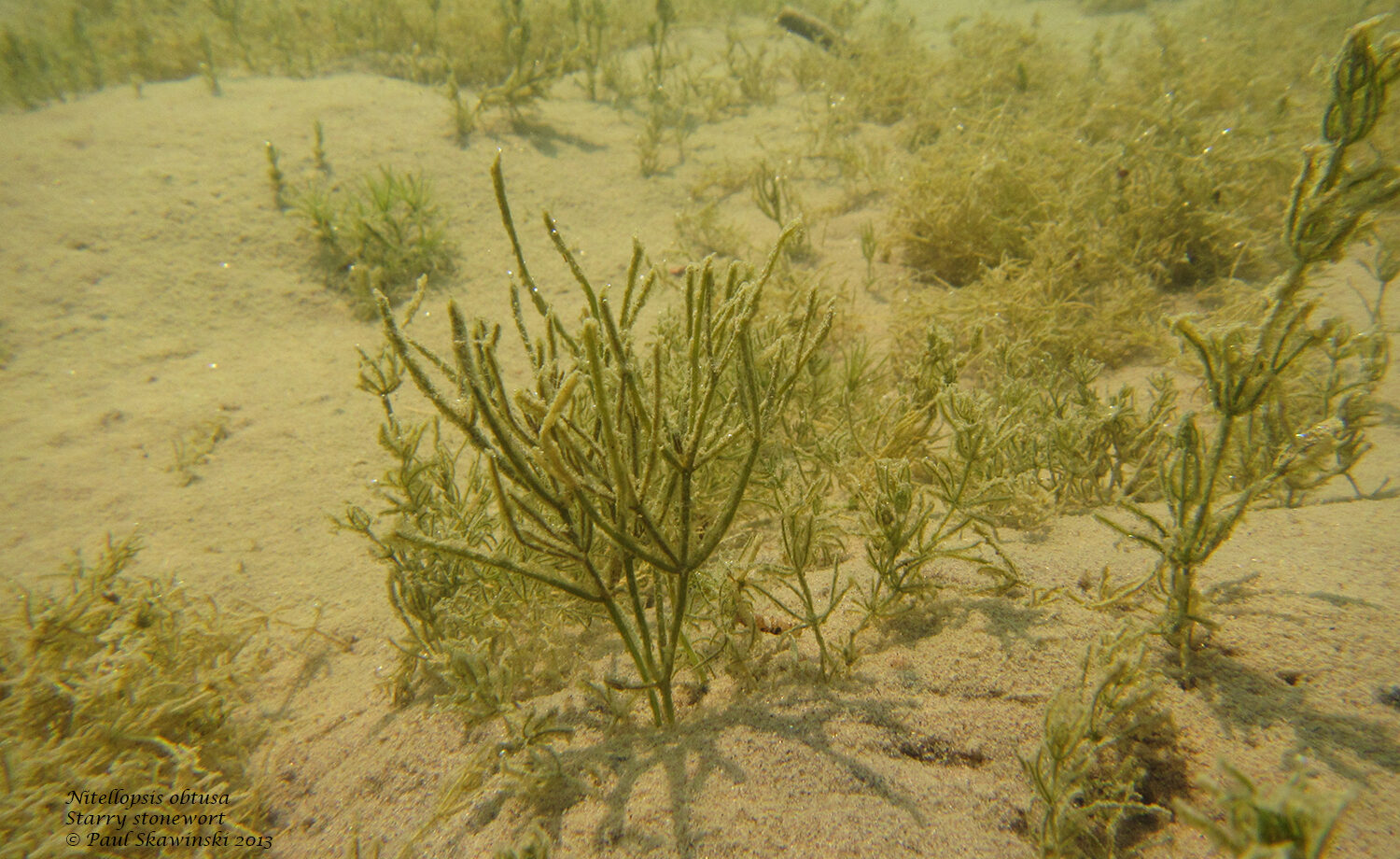Catherine Simons operates her life by a fairly simple and determined principle: If something looks like it’s never going to work, make a way.
It’s what she’s used to navigate her winding and far-flung educational career, a road that’s taken her from rural Boscobel, Wisconsin to Minnesota and Tanzania, Africa. A road that’s led to Simons being selected as one of three University of Wisconsin Sea Grant Knauss Marine Policy Fellows for 2015.
Immersing herself in the intricacies of the federal government’s policy wing is something Simons has had her eye on for some time. She just knew she had to bolster a social-science background with some hard science to reach her professional goals.
“It was an intentional leap to get my hands dirty with the science,” she said. “I wanted to pursue something scientifically rigorous but had policy implications.”
That’s what led her to UW-Milwaukee’s School of Freshwater Science. Simons was listening to National Public Radio when she heard Dr. Jenny Kehl, Director of SFS’s Center for Water Policy, taking about international freshwater conflicts. She realized she’d found her ideal academic advisor.
Over the next few years, the two would team up on several projects related to international trans-boundary water-use issues, as well as Simons’ Master’s thesis, which compared the water quality of tap and bottled water in ten major cities, including Milwaukee.
Simons also assisted UW Sea Grant social scientist Jane Harrison in surveying anglers about their reactions to massive cleanup efforts in the Sheboygan River Area of Concern.
“Catherine shows a strong commitment to environmental policy, practice, science and governance,” said Kehl. “Her combined interests in science and policy are innovative, and she has high abilities in both, which is a rare combination.”
Simons’ interest in international economic and water issues actually began at a young age, inspired by a visit her family took to spend with her uncle, who was working at the time as an international development consultant in Malawi. Simons would return to Africa after graduating from a high school in Manitoba, spending a year in Zambia working with street children infected with HIV.
While in Africa, she took several side trips, including a jaunt to Tanzania. It was like a bolt of lightning for Simons.
“I got off the train and was blown away,” Simons recalled. “I thought, ‘This is the most beautiful place I’ve ever seen.”
Simons was especially drawn to the elegance of Swahili, Tanzania’s national language. It’s one of the reasons she chose to matriculate at the University of Minnesota, one of the handful of American universities that included it in the language program.
Minnesota also something else that appealed to Simons: An unusual one-to-one international student exchange program with the main university in Dar es Salaam, Tanzania’s capital city. Simons filled out the appropriate forms (“it was probably more writing than I did for the Knauss program,” she joked) and got accepted–only to discover that security issues in Tanzania caused the program to be cancelled.
So again, she found a way.
Under the guidance of sociologist Dr. Ron Aminzade, Simons developed her own undergraduate research project, eventually winning a $1,700 grant, combing it with her own savings and spending eight months researching the impacts of invasive water hyacinth and decreased water levels on local communities living on the shores of Lake Jipe, a lake straddling the borders of Tanzania and Kenya.
“There were many complex issues beyond Lake Jipe’s obvious environmental degradation, the most challenging being the divergent priorities of local stakeholders, the Tanzanian and Kenyan governments, regional industries, and international NGOs,” she said. “I learned that science and policy go hand in hand.”
Since graduating from SFS with her Master’s degree in water policy in May, Simons has taken a trip to Turkey and Greece during which she attended an international economics conference and is currently settled with her sister in Florida, where she’s awaiting her Knauss placement later this fall. Simons has heard about the Knauss experience from former UW Sea Grant Knauss fellow Joe Fillingham. She said she’s excited to be back in Washington, DC.—all the better to move toward one of her career goals: working for the United Nations.
“I’m anxious to get going on what my career path will be,” said Simons. If it involves international and water, I’d be set.”
In the meantime, she’s chilling in Florida, running triathlons, working a temporary gig with a local water utility and thinking about what her next “make a way” moment may bring.
“Water is water,” she noted. I can always learn more.”





